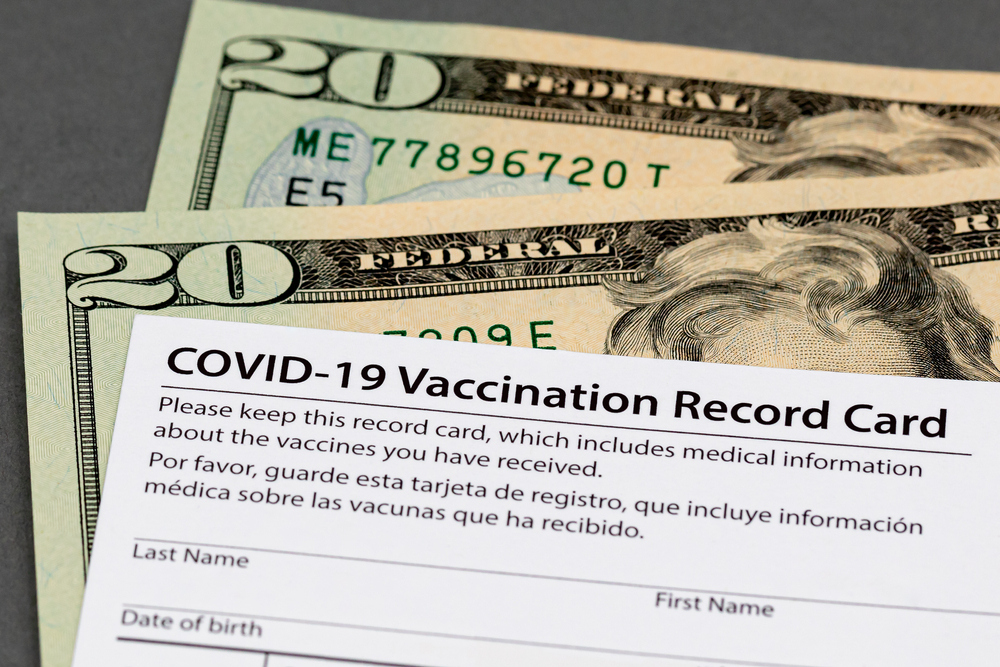Fake vaccine passports threaten travel recovery
Contributors are not employed, compensated or governed by TDM, opinions and statements are from the contributor directly

As quarantine-free travel in the UK has resumed for fully vaccinated passengers returning from amber list countries including Europe, the problem with fake vaccine passports is once again in the spotlight.
Just as the mantra “no one is safe until everyone is safe” is being promoted to foster global collaboration through vaccinations a long-lasting solution to this problem will need to involve collaboration between governments, law enforcement organisations, online marketplaces and the media.
The rise in popularity of counterfeit products has been fuelled by the accessibility and sophistication of the online marketplace, with counterfeiters presenting themselves to consumers as legitimate and regulated businesses through social media platforms, spam email and the dark web. NPR has reported online marketplaces such as Amazon and Etsy to have vendors selling fake COVID-19 vaccine cards. As the requirement for individuals to be vaccinated potentially becomes a necessity to allow people to travel and to return to unrestricted daily life.
In May 2020, it was reported by Interpol that since the outbreak of Covid-19, “the threat posed by fake medicines and medical products has increased dramatically”. In the wake of significant positive steps being taken towards the pandemic coming to an end through the development and distribution of various vaccines, it has been predicted by Interpol that due to such high demand for such treatments, counterfeit versions of such vaccinations will likely infiltrate the market alongside legitimate products that have been stolen and illegally distributed.
In order to minimise the risk to public health and public confidence in vaccination programmes posed by this activity, governments will need to work in partnership with intergovernmental organisations, law enforcement bodies, online marketplaces and the media to ensure clear messaging around the requirements for proof of vaccination status and to take effective action against this.
Steps will also need to be taken to ensure the authenticity of electronic and printed proofs of vaccination, be this is in shared software/technological solutions or physical anti-tampering/counterfeiting measures. So, just as with so many other impacts of the pandemic so far, it definitely seems that innovation, knowledge-sharing and collaboration will be needed to tackle this threat.


Comments are closed.